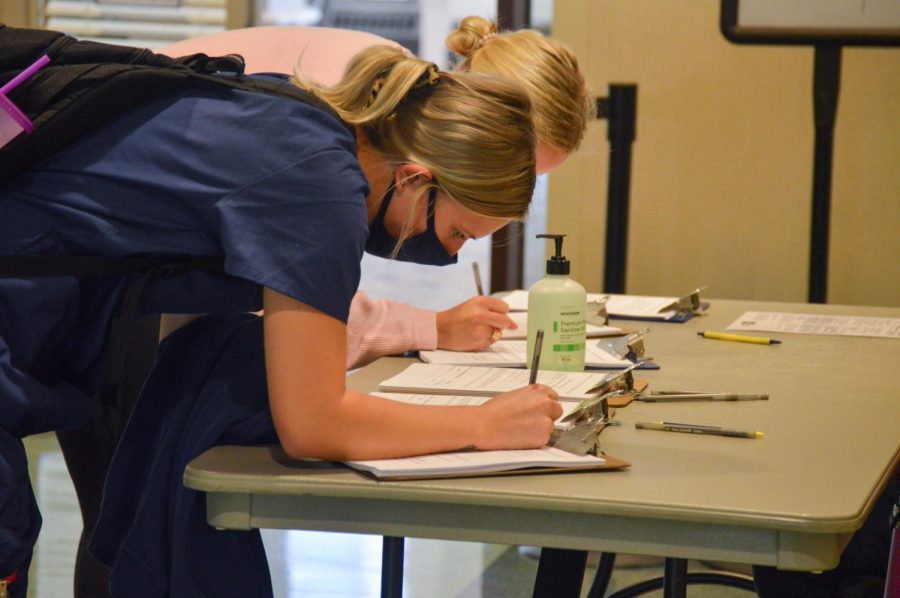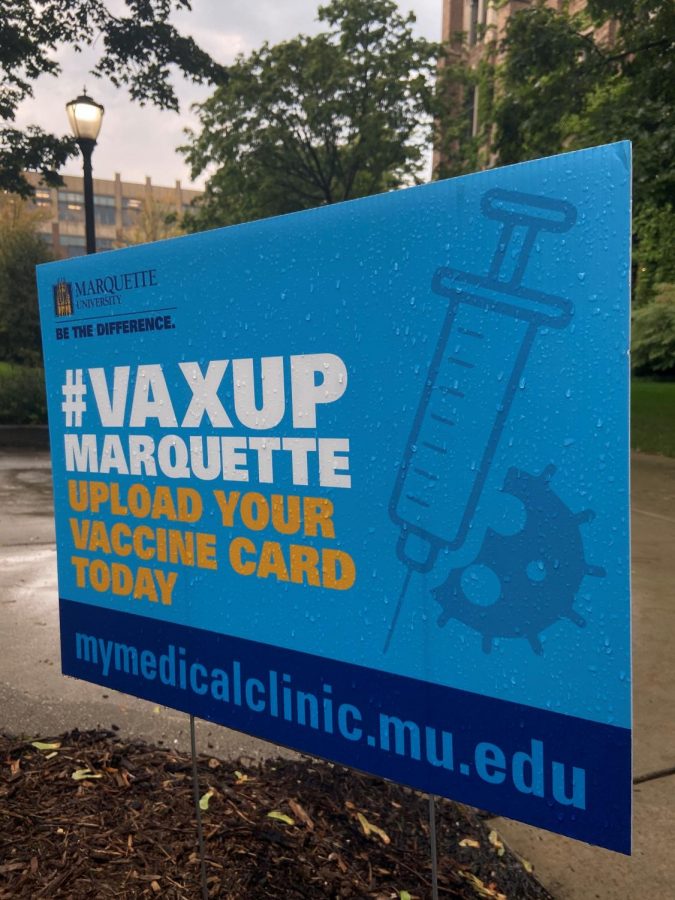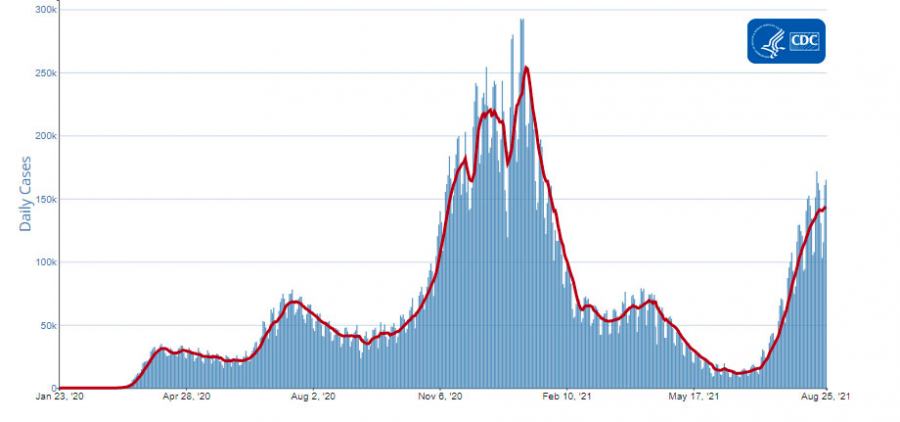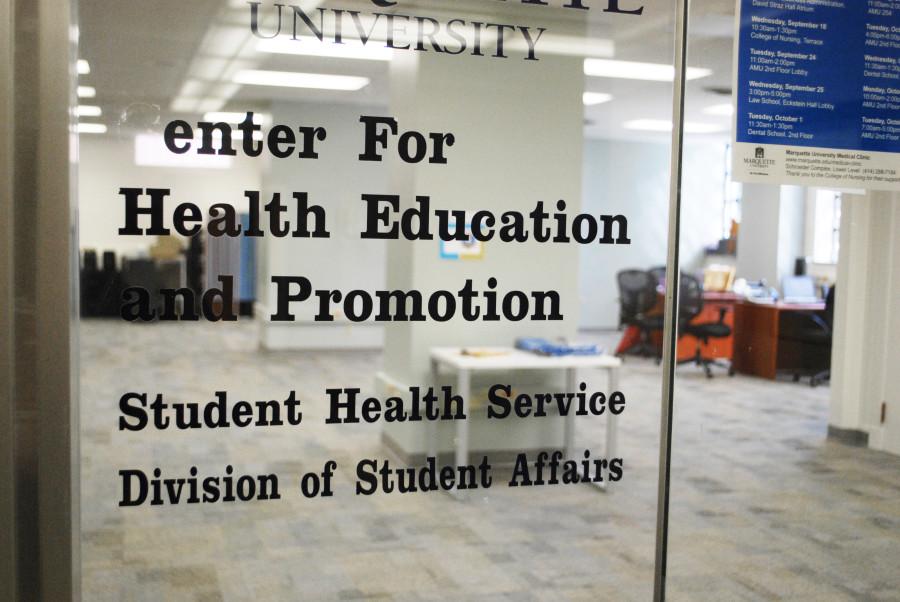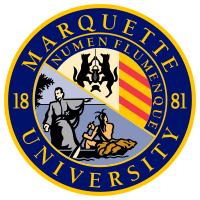The U.S. Preventive Services Task Force is screening guidelines that would make HIV testing required for every person aged 15 to 65 nationwide.
The guidelines are in draft form, which allows comments from the public for four weeks, said Douglas Owens, a senior investigator at VA Palo Alto Health Care System and a professor of medicine at Stanford University. Owens is also a member of the task force.
The task force is an independent panel of non-federal experts who specialize in preventative and evidence-based medicine. It consists mainly of primary care providers.
Tarik Jasarevic, a member of media relations with the World Health Organization, said the World Health Organization does not recommend required screenings for HIV, but it does encourage people to go and get tested and receive counseling about HIV.
Salina Cranor, a member of the news media team for the Center for Disease Control and Prevention, said the CDC is waiting to comment on the current draft until it clears its drafting period.
“The recommendations on screening for HIV infection are draft, and the public is invited to submit comments via the Task Force’s website,” Cranor said in an email. “Because these draft recommendations are subject to change following the public comment period, we will reserve comment until final recommendations are made.”
Carolyn Smith, director of Marquette’s Student Health Service, said Student Health Service agrees with this recommendation given the strength of the current evidence, the benefits to public health and the decreased morbidity that results from early treatment.
She said the U.S. Preventive Services Task Force has recommended all patients aged 15 to 65 get tested if they had known risk factors since 2005.
“The new expanded recommendations now encourage clinicians to screen all adolescents and adults for HIV regardless of their perceived risk for HIV, eliminating the screening process with the hope of enhancing the number of individuals who get screened,” Smith said. “The rationale behind the change in the recommendations comes from evidence that demonstrates substantial benefits to screening.”
Smith said substantial evidence has shown that treatment early in the course of the disease is quite effective. She added that there is also evidence that antiretroviral therapy, when administered early in the course of the infection, considerably reduces a patient’s ability to spread the infection.
She said this can have a tremendous impact on the 50,000 new cases of HIV in the U.S. that occur annually and that there are very few drawbacks to HIV testing.
“All positive screening tests are followed up with a confirmatory test minimizing the risk of false positives,” Smith said. “The stigma of living with HIV is also a lot less than it was several years ago, and routine screening should reduce the stigma that was previously attached to testing. While there is the possibility that people who are positive will have a negative test if the screening is done too early in the course of infection, decisions can be made about whether it needs to be repeated.”
Owens said screening only those who were identified as being at increased risk misses many people with HIV because people may not be aware they are at increased risk or may not disclose that they are increased risk.
“Screening will help identify people who have HIV, and that’s very important because HIV treatment with antiretroviral therapy helps people live longer and healthier lives and helps reduce transmission of HIV,” Owens said.
Owens said the task force found that screening would provide more benefits than any harm because of how accurate the HIV tests are.
In recognition of World Aids Day, which is Dec. 1, Smith said Student Health Service will offer free HIV testing to any student on Dec. 3 and 4, with the results being confidential.



